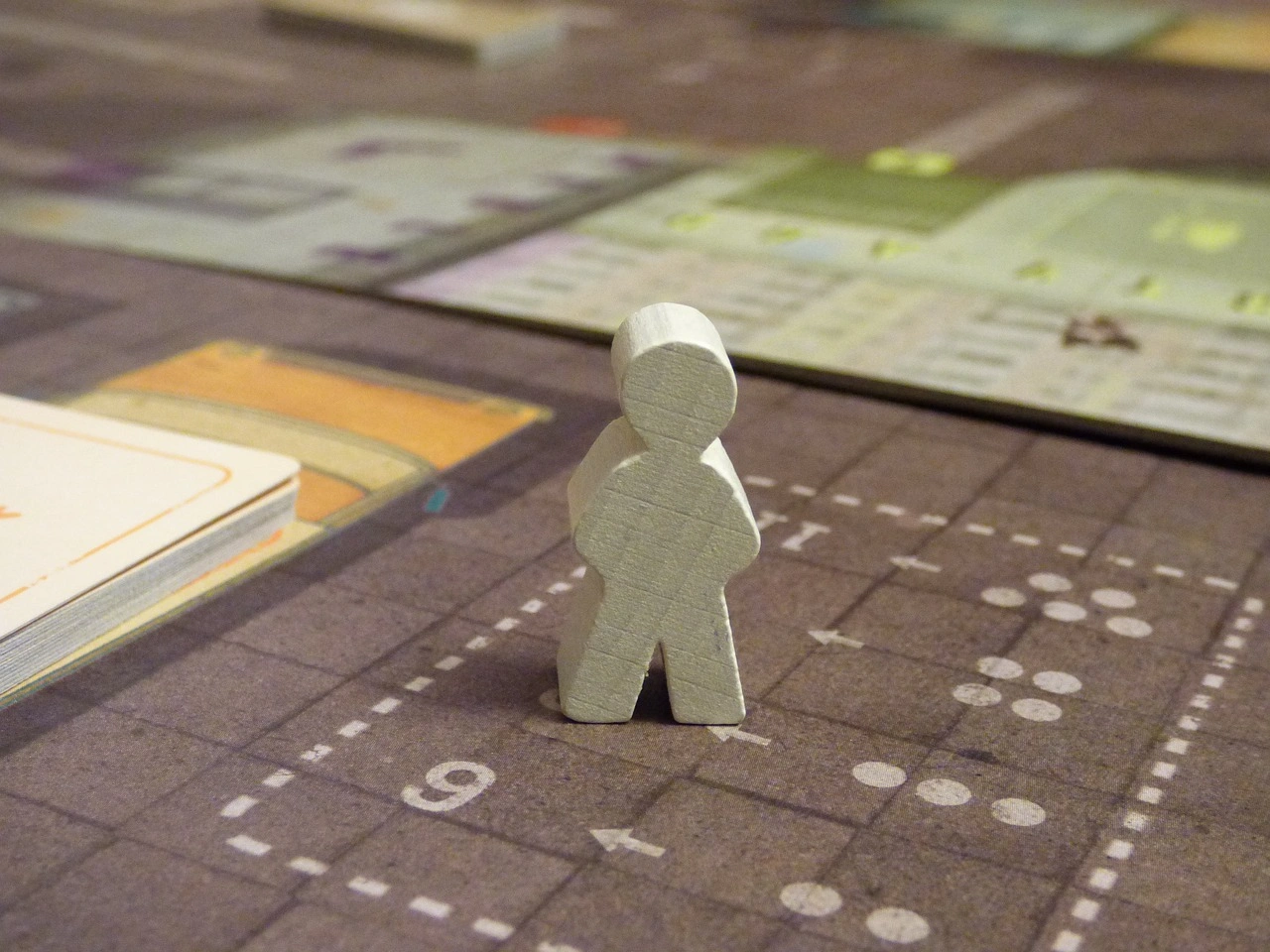Token Economy: One of the best ways to reward behaviour as an RBT in Applied Behavior Analysis (ABA) is through the Token Economy.
Offering tokens as prizes for desired behaviours, this system pushes clients by letting them trade them in for wanted things or activities.
To support good behavior and skill development, token economies are used a lot in ABA treatment, schools, and workplaces.
What the Token Economy Means
Individuals earn tokens (such as stickers, points, or stars) for performing desired actions in a token economy. At a later time, these coins can be traded in for a backup reinforcer, like extra playtime, snacks, or toys.
A Case of a Token Economy
Think of yourself as a therapist helping a youngster learn to sit quietly during therapy sessions. You give the child a token board and tell them that they can get a star sticker for every five minutes of good sitting.
One token (sticker) is earned for every five minutes that a youngster sits quietly. When he has 5 tokens, he can trade them in for more time to play. The child learns that sitting still gets them treats over time.
Using a classroom as an example, a student gets points for turning in their work. When a player gets 10 points, they can pick a prize, like a small toy or more time on the computer.
How to Set Up a Token Economy
Target Behaviors: Make it clear what actions will earn tokens, like doing what you’re told and following through on tasks.
- Pick out the tokens – Pick something that the client can see, like stickers, poker chips, or app points.
- Pick Backup Reinforcers: Figure out what the tokens can be used to buy (like treats, toys, or free time).
- Choose the Rate of Exchange – Figure out how many tokens you need to get a prize. Make sure it’s attainable and inspiring.
- Give Out Tokens RighAwayay – Give a gift and positive praise right away to reinforce behaviour.
- Slowly Destroy the System—After a client makes progress, you should gradually raise the amount of tokens required before swapping them to encourage independence.
Conclusion
A strong ABA tool that builds life skills, encourages clients, and rewards good behavior is a token economy scheme.
With proper implementation, RBTs may assist clients in achieving independence, self-regulation, and sustained success.

